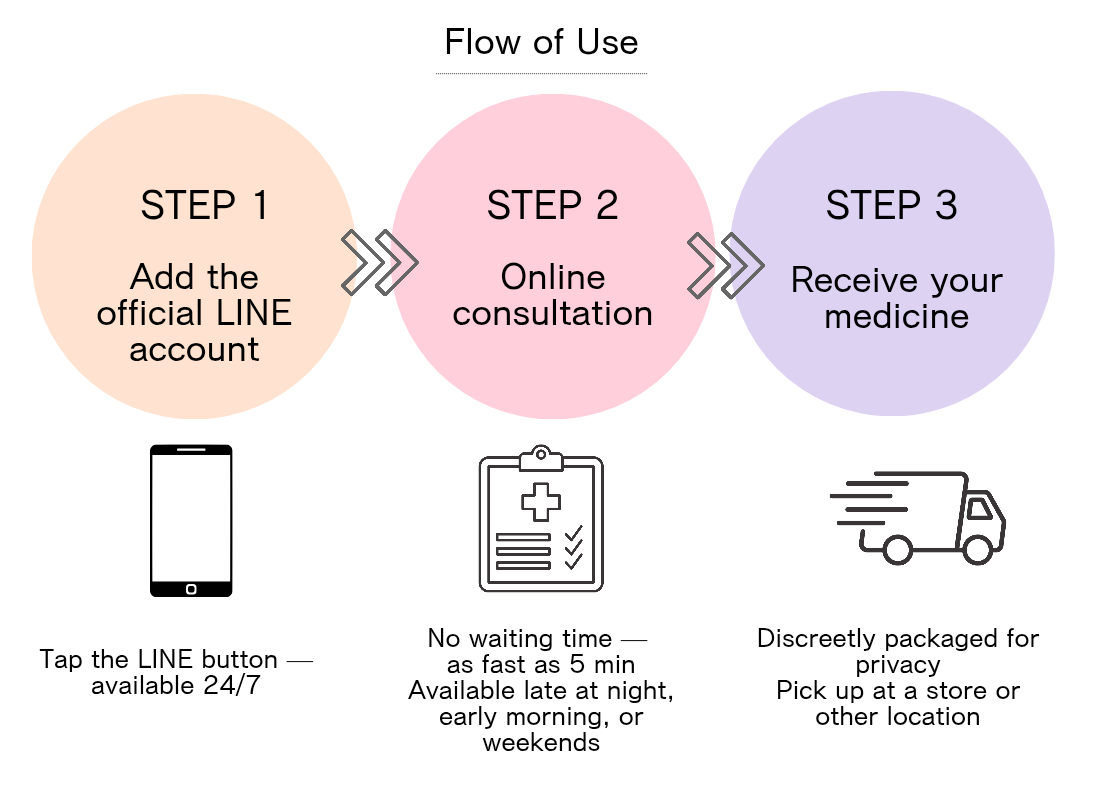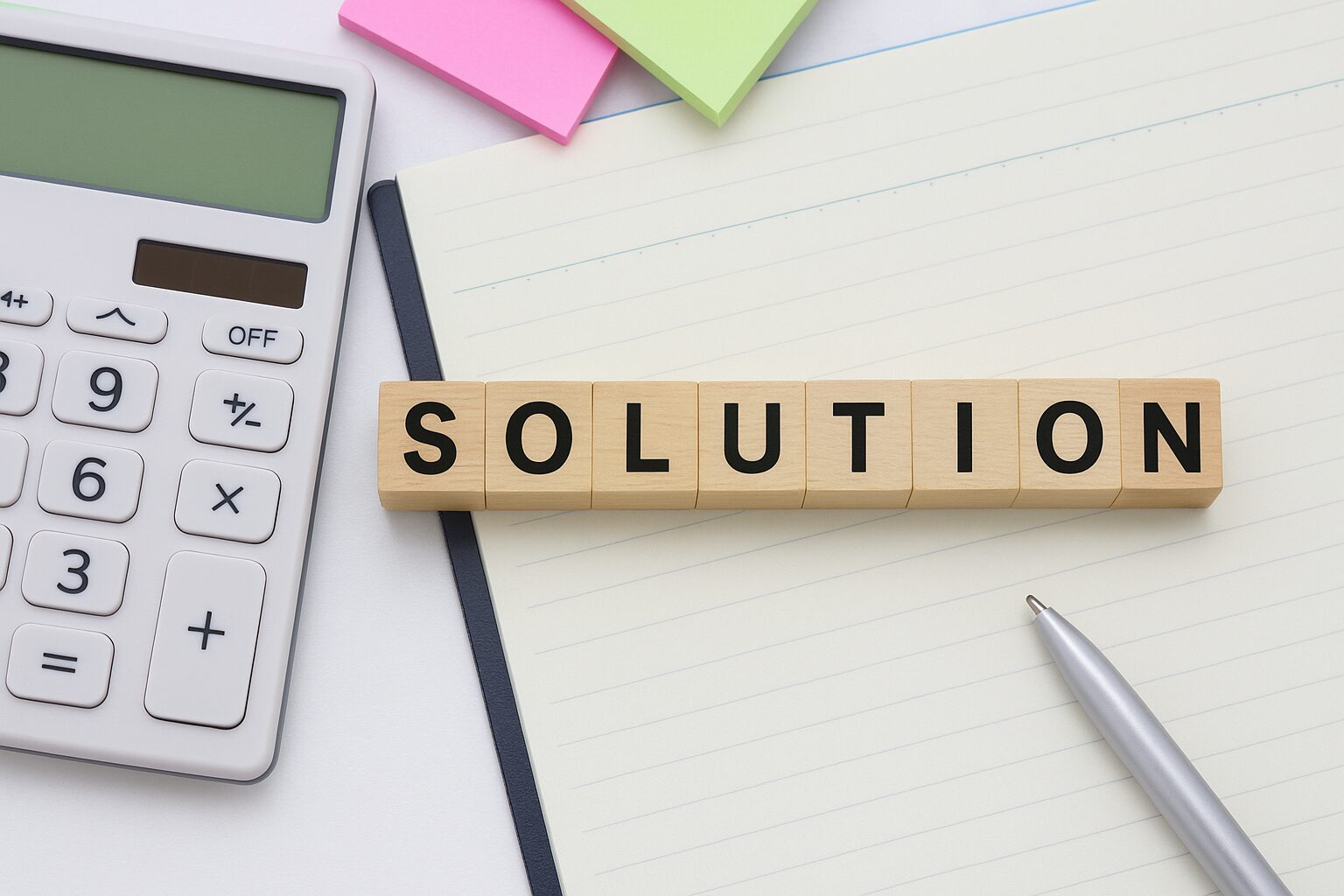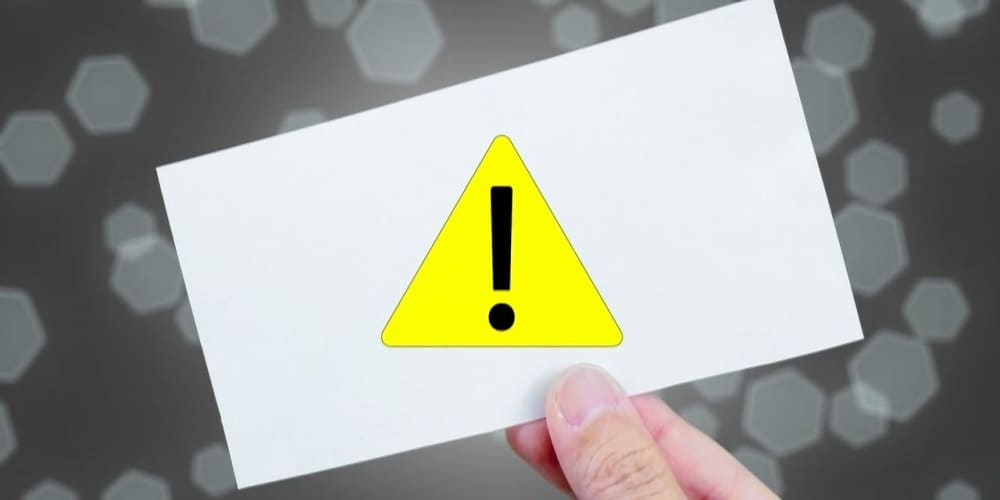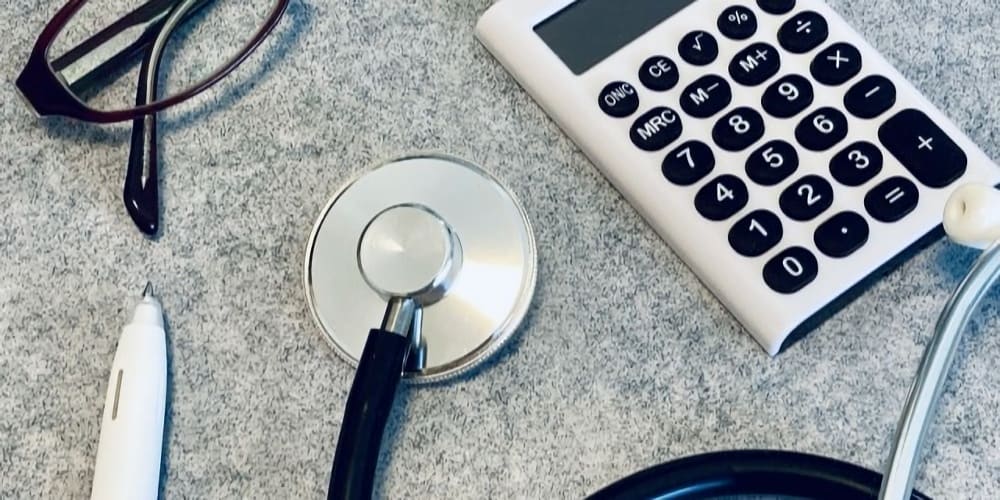Do Birth Control Pills Help Mood Swings? Cases Where Low-Dose Pills Improve or Worsen Emotional Stability, Plus Side Effects When Starting
“I’m taking birth control pills but my emotional instability isn’t improving…”
“Is it true that birth control pills stabilize your mood?”
“I feel like the pill has made my mental state worse…”
Many people expect that taking low-dose birth control pills will improve their emotional instability, but this doesn’t always happen in practice.
This article provides a detailed explanation of cases where birth control pills can and cannot cure emotional instability. We’ll also thoroughly discuss what to do when they don’t work. By reading this article, you’ll understand how to approach and respond to emotional instability that doesn’t improve despite taking birth control pills.
At Personal Care Clinic, you can consult with physicians who have completed government-approved online medical training. With 24-hour availability, tap the button below to start your consultation today.

With Personal Care Clinic, you can chat on LINE 24/7 anytime.
Prescription takes as little as 5 minutes, and if you apply by 10:30 AM, you may be able to receive it the same day (depending on your area).
No clinic visit is required — you can conveniently pick up your emergency pill at a convenience store, making it discreet and stress-free.
With thorough aftercare support provided after prescription, you can take it with confidence.

If you want to receive the morning-after pill discreetly, tap the button below to apply.
Do low-dose birth control pills Not Cure Emotional Instability?

Low-dose birth control pills are often effective for emotional instability caused by hormonal imbalances. By regulating hormones, they can stabilize emotional fluctuations, making them promising for hormone-related symptoms like PMS and PMDD.
However, when emotional instability stems from causes other than hormonal imbalances—such as stress, lifestyle factors, or psychological issues—the effectiveness of birth control pills is limited. In such cases, you may not experience the expected benefits despite taking the pill, and emotional instability may persist.
Therefore, when factors other than hormones are suspected to be involved, alternative treatment approaches may need consideration. It’s important to consult with a physician to find the appropriate response.
4 Patterns of Emotional Instability That Birth Control Pills May Help

Birth control pills can improve emotional instability, but only in specific patterns. Here are
- PMS (Premenstrual Syndrome)
- PMDD (Premenstrual Dysphoric Disorder)
- Around ovulation time
- Hormone-related depression and anxiety symptoms
Let’s explore each in detail.
Pattern 1: PMS (Premenstrual Syndrome)
PMS (Premenstrual Syndrome) refers to various physical and psychological symptoms caused by hormonal fluctuations before menstruation. These include headaches, breast tenderness, abdominal pain, and emotional instability.
Psychological symptoms include emotional instability, irritability, depression, anxiety, drowsiness, decreased concentration, sleep disorders. Autonomic nervous system symptoms include hot flashes, loss of appetite, overeating, dizziness, fatigue. Physical symptoms include abdominal pain, headaches, back pain, swelling, bloating, and breast tenderness.
Source: Japan Society of Obstetrics and Gynecology “Premenstrual Syndrome (PMS)“
Low-dose birth control pills can suppress these hormonal fluctuations and are expected to reduce PMS symptoms. Particularly by balancing estrogen and progestin, they can alleviate psychological symptoms like mood swings and irritability.
However, not all women experience the same effects, and some may not feel improvement. Therefore, when PMS-related emotional instability is particularly severe, it’s important to consult a physician before using birth control pills to consider appropriate treatment methods.
Additionally, lifestyle improvements and stress management may also be effective in some cases, so taking a comprehensive approach is advisable.
Learn about the effects of low-dose birth control pills on PMS here >>
Pattern 2: PMDD (Premenstrual Dysphoric Disorder)
PMDD (Premenstrual Dysphoric Disorder) is a severe form of PMS characterized by stronger emotional instability and depressive symptoms.
The proportion of women showing PMS severe enough to cause difficulties in daily life is reported to be around 5.4%. There are also reports that PMS is more common among adolescent women.
Source: Japan Society of Obstetrics and Gynecology “Premenstrual Syndrome (PMS)“
PMDD causes psychological distress before menstruation due to rapid hormonal fluctuations. Low-dose birth control pills are expected to reduce PMDD symptoms by suppressing these hormonal fluctuations.
Particularly by balancing estrogen and progestin, they can alleviate the intense mood swings and depressive feelings caused by PMDD. However, PMDD symptoms are highly individual, and birth control pills may not always be effective.
When birth control pills are not effective, combining other treatments such as antidepressants or counseling may be recommended. It’s important for those with PMDD symptoms to consult with specialists to find the most suitable treatment approach.
Pattern 3: Around Ovulation Time
The period around ovulation is known for rapid hormonal changes, making emotional instability more likely during this time. Before ovulation, estrogen levels peak and then drop sharply, which can trigger mood swings and irritability.
Low-dose birth control pills are expected to reduce emotional instability around ovulation by suppressing these hormonal fluctuations. By regulating hormones with birth control pills, the emotional instability specific to the ovulation period is often alleviated, reducing psychological burden in daily life.
However, not everyone feels the same effects, and the effectiveness of birth control pills may vary depending on individual constitution. Therefore, it’s important to consult thoroughly with a physician before starting birth control pills to choose the most suitable treatment method.
Pattern 4: Hormone-Related Depression and Anxiety Symptoms
Hormonal imbalances can trigger depression and anxiety symptoms. Particularly when the balance of estrogen and progestin is disrupted, this can affect brain chemistry and cause emotional instability and mood depression.
Low-dose birth control pills are expected to reduce hormone-related depression and anxiety symptoms by stabilizing these hormonal balances. However, not everyone experiences the same effects, and individual differences are significant.
In some cases, using birth control pills may worsen symptoms. Therefore, when using birth control pills, it’s important to work closely with a physician to find the most suitable treatment method.
Learn about depression symptoms related to low-dose birth control pills here >>
When depression or anxiety symptoms don’t improve with birth control pills, combining other treatments such as antidepressants or psychotherapy may be considered. For severe symptoms, seeking support from specialists is recommended.
4 Solutions When Birth Control Pills Don’t Cure Emotional Instability

What should you do when emotional instability doesn’t improve despite taking low-dose birth control pills? Here are
- Consult with a physician
- Change the type of birth control pill
- Review your lifestyle habits
- Keep a record of emotional instability symptoms
Let’s check each one in advance.
Solution 1: Consult with a Physician
When emotional instability persists, it’s important to first consult with a physician. The cause of emotional instability may lie in factors other than birth control pills.
By consulting with a physician, you may find other treatment methods or more appropriate approaches, such as changing birth control pills. Through communication with your physician, it’s important to clarify the cause of symptoms and receive optimal treatment.
Solution 2: Change the Type of Birth Control Pill
There are various types of birth control pills, and your current pill may not suit your constitution. Changing to a different type of pill may improve emotional instability.
Particularly, trying pills with different hormone types or compositions may lead to symptom improvement in some cases. It’s important to consult with your physician to find the most suitable pill for you.
Solution 3: Review Your Lifestyle Habits
Sleep deprivation and stress are factors that can worsen emotional instability. By maintaining regular lifestyle habits and focusing on adequate sleep and balanced nutrition, emotions may become more stable.
Additionally, incorporating moderate exercise and relaxation techniques can be effective for achieving psychological stability. Reviewing lifestyle habits is also important for maximizing the effects of birth control pills.
Solution 4: Keep a Record of Emotional Instability Symptoms
By recording daily emotional changes, you can understand what triggers them. This helps when consulting with physicians and enables more appropriate responses.
By keeping a record of emotional instability symptoms, you can objectively understand your condition and connect it to more effective treatment.
2 Important Precautions When Taking Birth Control Pills for Emotional Instability

There are several precautions when taking low-dose birth control pills. Here are two important points.
- You may temporarily become unstable when starting birth control pills
- Depression symptoms may occur as a side effect of birth control pills
Taking birth control pills may potentially worsen emotional instability. However, since these may be temporary symptoms, it’s important to understand them properly.
Precaution 1: You May Temporarily Become Unstable When Starting Birth Control Pills
Right after starting low-dose birth control pills, you may temporarily experience emotional instability due to hormonal balance changes. This occurs while your body adapts to hormonal changes and usually settles down within a few weeks to months.
However, if you experience strong anxiety or irritability during this period, don’t push yourself and consult with a physician early. By receiving appropriate advice, you may find ways to alleviate symptoms.
Precaution 2: Depression Symptoms May Occur as a Side Effect
One potential side effect of birth control pills is the development of depression symptoms. While this is rare, the pill’s components may affect hormonal balance and trigger psychological distress.
These symptoms may particularly appear right after starting birth control pills. If you experience persistent strong depression or emotional instability while taking birth control pills, it’s important to consult with a physician immediately.
Your physician may suggest changing the type of birth control pill or propose alternative treatment methods. Since psychological health is extremely important, don’t self-diagnose but seek appropriate care under medical guidance.
Learn about the side effects of low-dose birth control pills here >>
Online Prescription Recommended for Birth Control Pills

When considering birth control pills, please consider using online prescription as one option. The benefits of online prescription include easily receiving medical consultation from home and having medication delivered to your home.
This service is particularly convenient for those who can’t find time to visit hospitals in their busy daily lives. Additionally, online prescription offers better privacy protection, which shouldn’t be overlooked.
You can obtain birth control pills with peace of mind without worrying about others’ attention. Furthermore, online medical consultations allow physicians to prescribe birth control pills suited to your symptoms and constitution, enabling more appropriate treatment.
Of course, when emotional instability doesn’t improve, you can consult with physicians through online consultations and change pill types or try other treatment methods as needed.
Frequently Asked Questions About Birth Control Pills and Emotional Instability

When taking low-dose birth control pills, their impact on emotional instability is particularly concerning. Starting birth control pills can cause changes in emotions and mood due to altered hormonal balance.
Many people may feel anxious or have questions about such changes. Here are frequently asked questions and answers about the relationship between low-dose birth control pills and emotional instability.
- How long does emotional instability from birth control pill side effects last?
- Can birth control pills worsen mental health?
- Do you become irritable during birth control pill breaks?
- Is it true that starting birth control pills changes your personality?
- How can I tell if I have PMS or PMDD?
Understanding emotional fluctuations felt while taking birth control pills will help you find appropriate coping strategies more easily.
How Long Does Emotional Instability from Birth Control Pill Side Effects Last?
Emotional instability may occur as a side effect of birth control pills, but how long this symptom lasts varies by individual. Generally, the body adapts to hormonal balance changes within a few weeks to months after starting birth control pills, and symptoms often improve.
However, if symptoms persist long-term or worsen, it’s necessary to consult with a physician to change pill types or consider other treatment methods. By receiving medical advice at the appropriate time, you can improve symptoms early.
Can Birth Control Pills Worsen Mental Health?
Birth control pills can worsen mental health, but this is a rare case. The pill’s components may affect hormonal balance, causing emotional instability and depression.
These symptoms may particularly appear in the early stages after starting birth control pills, causing anxiety for some people. If psychological distress persists while taking birth control pills, it’s recommended to consult with a physician to change pill types or suggest alternative treatment methods. Mental health issues require careful handling, so early consultation is important.
Do You Become Irritable During Birth Control Pill Breaks?
You may feel irritability or emotional instability during birth control pill break periods. During this period, hormonal balance tends to fluctuate, which can cause emotional instability.
However, this is usually temporary, and symptoms often improve once the break period ends. If you feel strong anxiety or irritability during break periods, it’s important to consult with your physician about your next dosing schedule to find ways to alleviate symptoms.
Is It True That Starting Birth Control Pills Changes Your Personality?
Starting birth control pills may temporarily cause emotional instability, but it doesn’t change your personality itself. Hormonal balance fluctuations may increase emotional ups and downs, temporarily making it feel like your personality has changed.
However, this gradually settles down as the pill’s effects stabilize and your body adapts to the hormones. If personality changes or emotional instability persist long-term, it’s necessary to consult with a physician to consider appropriate responses.
How Can I Tell If I Have PMS or PMDD?
To determine if you have PMS (Premenstrual Syndrome) or PMDD (Premenstrual Dysphoric Disorder), there are several key points. First, if symptoms appear in the latter half of your menstrual cycle and decrease after menstruation begins, PMS or PMDD may be suspected.
It’s important to record symptoms monthly and check their relationship with your menstrual cycle. Self-assessment tools available at home can also be helpful.
By bringing self-assessment results and records to your physician for consultation, accurate diagnosis and treatment can proceed. Use these methods to determine if you have PMS or PMDD.
Conclusion

When emotional instability doesn’t improve despite taking low-dose birth control pills, the causes can be varied. The pill type, hormonal balance, lifestyle habits, stress, and various other factors may be influencing the situation.
This article has provided detailed explanations of causes and solutions when birth control pills don’t cure emotional instability. First, consulting with a physician to find appropriate treatment methods is essential.
Emotional instability may improve by changing pill types or reviewing lifestyle habits. Find treatment methods that suit you and aim for appropriate responses to make your daily life more comfortable.
At Personal Care Clinic, you can consult with physicians about side effects too. In-person consultations are also available upon request. With comprehensive follow-up care, tap the button below to start your consultation today.





